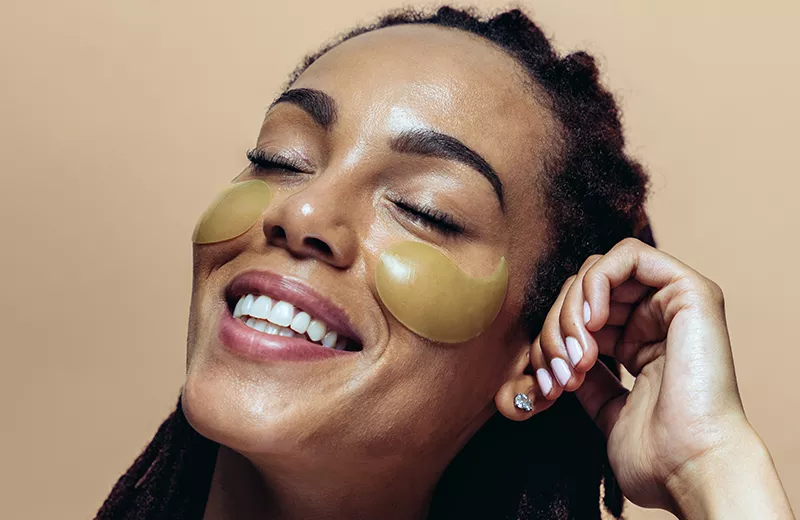Understanding Aloe Vera
Aloe vera is a natural plant that has been used for centuries for its health and beauty benefits. It is often used in skincare products due to its moisturizing and soothing properties. The gel inside the aloe vera plant is rich in vitamins and minerals, which can help to improve the health of your skin. However, like any other skincare product, aloe vera may have some side effects when applied on the face.
Potential Side Effects of Aloe Vera on the Face
While aloe vera is generally safe for most people, some individuals may experience side effects such as:
- Redness or irritation: Aloe vera can cause skin irritation, especially in people who have sensitive skin or allergies. If you notice redness, burning, or itching after applying aloe vera, stop using it immediately.
- Allergic reactions: Some people may have an allergic reaction to aloe vera. Symptoms can include rash, hives, or swelling. If you experience any of these symptoms, seek medical attention immediately.
- Dryness: Although aloe vera is known for its moisturizing properties, it can cause dryness in some people. If you notice your skin becoming dry or flaky after using aloe vera, you may want to decrease the frequency of use.
How to Safely Use Aloe Vera on Your Face
Before applying aloe vera on your face, it’s recommended to do a patch test. Apply a small amount of aloe vera on a discreet area of your skin and wait for 24 hours. If you don’t experience any adverse reactions, it’s likely safe to use on your face. However, if you notice any signs of irritation or discomfort, it’s best to discontinue use.
Always choose pure aloe vera gel or extract for the best results. Some products may contain additives or preservatives that could irritate your skin. It’s also a good idea to apply a moisturizer after using aloe vera to prevent your skin from drying out.
Aloe vera can be a beneficial addition to your skincare routine, but it’s important to use it with caution. Always perform a patch test before applying it on your face and seek medical attention if you experience any adverse reactions. Remember, what works for others may not necessarily work for you, so it’s important to listen to your skin and adjust your routine accordingly.












